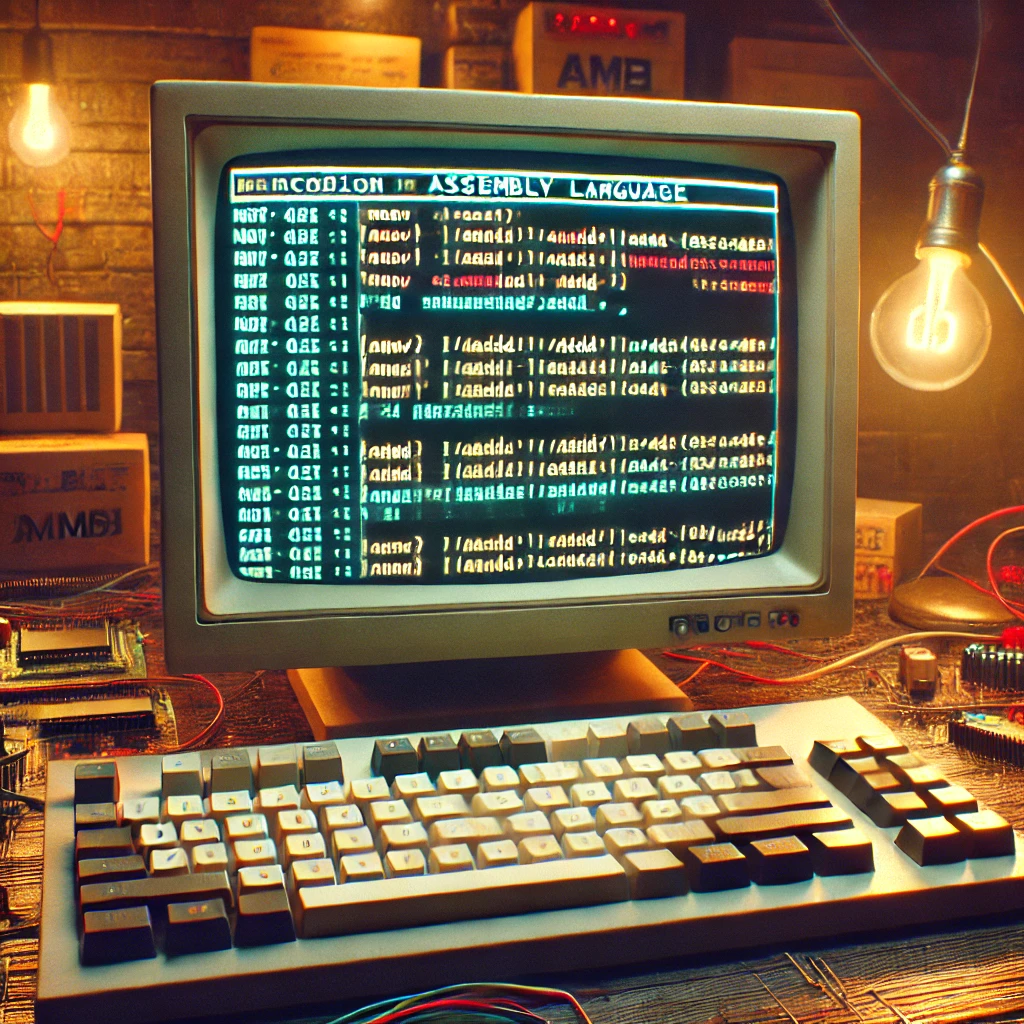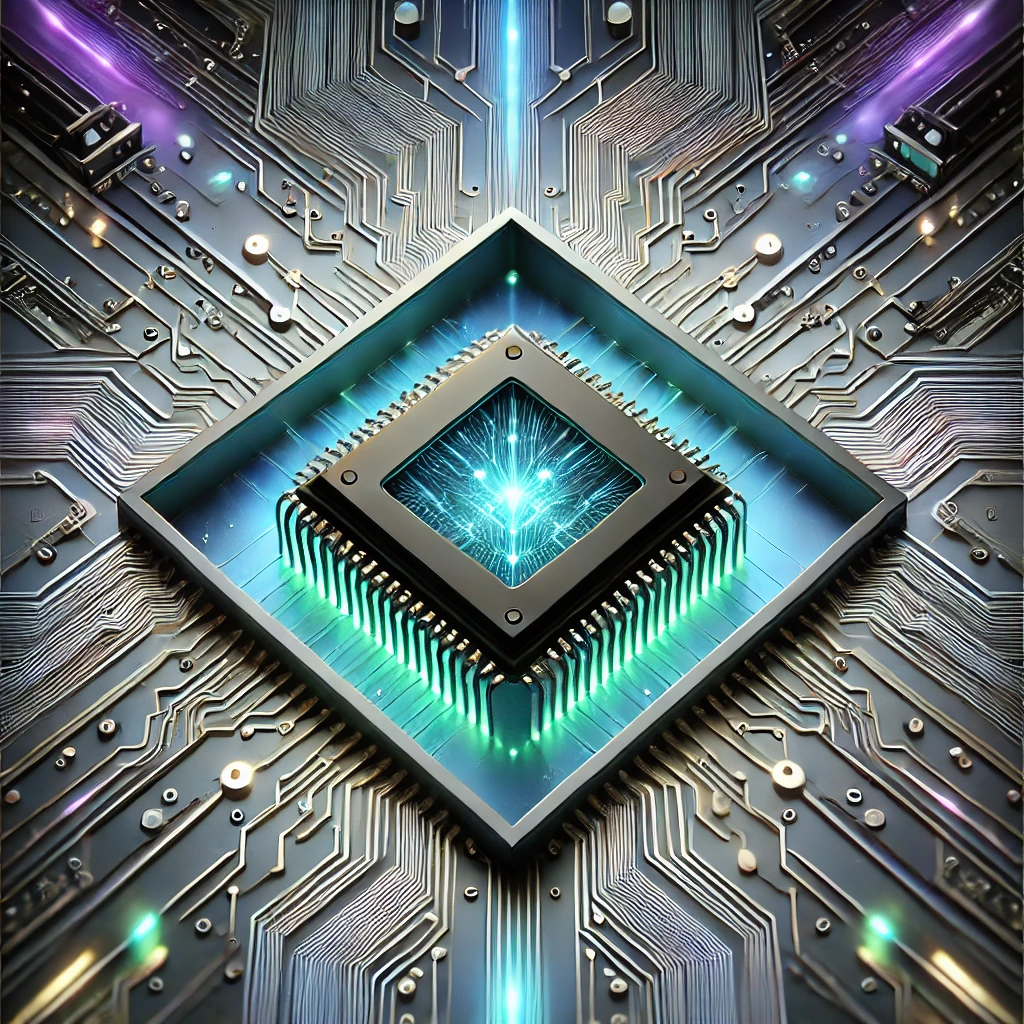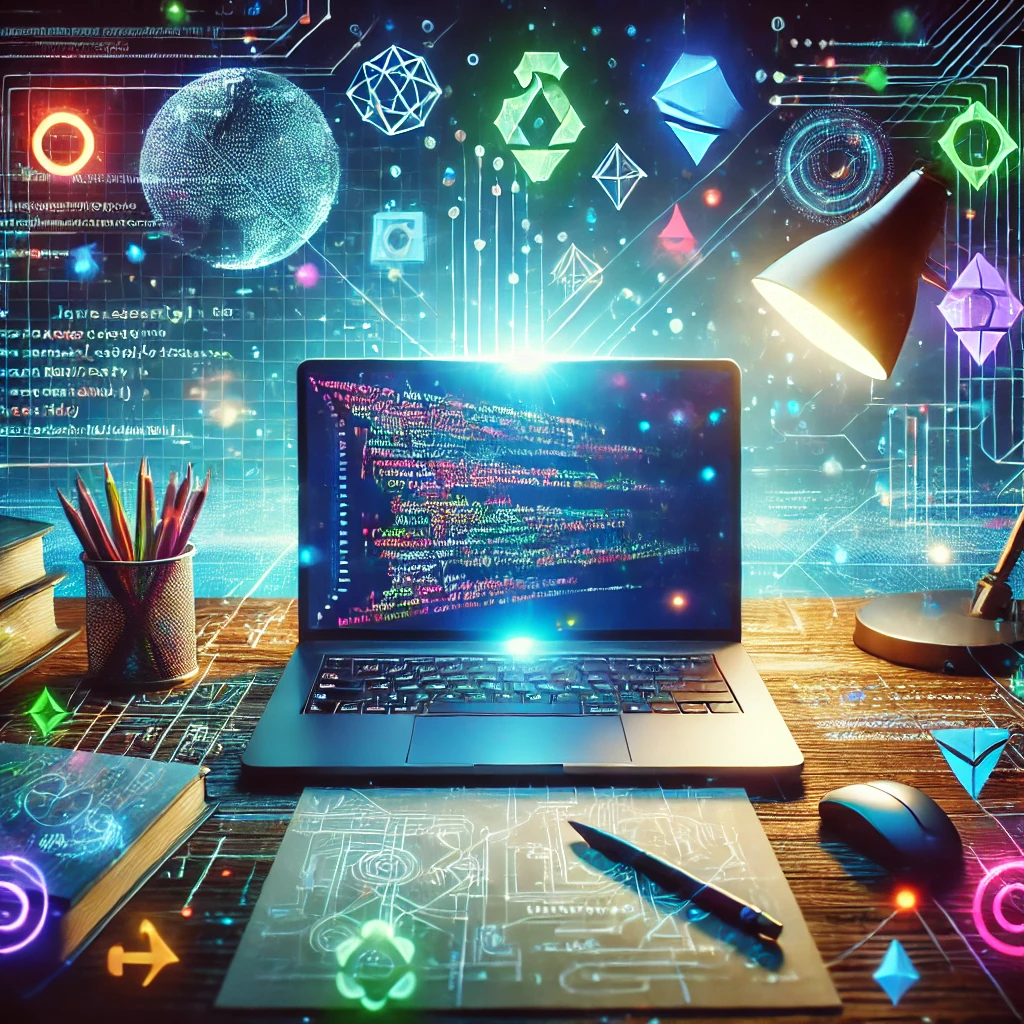Open Source: A Quick Refresher
First things first, what exactly is open source? Simply put, it’s software with source code that’s open for anyone to view, modify, and distribute. Unlike proprietary software (think Microsoft Office or Adobe Photoshop), open source software is a community effort. Projects like Linux, Apache, WordPress, and Kubernetes have been built by thousands of contributors, all collaborating to make something better for everyone. And yes, your favorite programming language—Python, JavaScript, or Rust—likely thrives because of open source contributions.
Why Open Source is a Big Deal
Open source isn’t just about free stuff (though, let’s be honest, that’s a sweet bonus). It’s about innovation, collaboration, and transparency. Here are some reasons why open source is the backbone of tech:
-
Innovation at Warp Speed: When thousands of developers put their heads together, you get rapid problem-solving and cutting-edge features. The collective brainpower of the community often outpaces even the biggest corporations.
-
Transparency = Trust: Open source projects let anyone peek under the hood. This transparency builds trust—you can see how the software works and ensure there are no hidden agendas (or malicious code).
-
Leveling the Playing Field: Open source lowers the barrier to entry for small startups, students, and developers in underserved communities. You don’t need a billion-dollar budget to build something incredible—you just need access to GitHub.
-
Ecosystem Builders: Many open source tools are the foundation of entire industries. Think Docker for containers, TensorFlow for machine learning, or PostgreSQL for databases. Without them, tech as we know it would be unrecognizable.
The Human Side of Open Source
Now let’s talk about the people. Open source communities are as diverse as they are passionate. You’ve got everyone from hobbyists tinkering on weekends to professionals whose day jobs involve maintaining critical projects. And let’s not forget the unsung maintainers—those tireless folks who review pull requests, manage documentation, and ensure the project doesn’t descend into chaos.
Contributing to open source can be incredibly rewarding, but it’s not without challenges. Burnout is real, especially for maintainers of popular projects. Many open source contributors work for free, even as their projects power billion-dollar companies. Thankfully, initiatives like GitHub Sponsors and Open Collective are starting to provide financial support to these digital heroes.
How You Can Get Involved
Feeling inspired? Good, because the open source community could use your help. Whether you’re a seasoned developer or just starting out, there’s always something you can contribute:
- Code Contributions: Fix bugs, add features, or optimize performance.
- Documentation: Improve the docs—trust me, every project needs better docs.
- Testing: Help find and report bugs.
- Design: Many open source projects need better UI/UX designs.
- Support: Answer questions on forums or help onboard new contributors.
Getting started is as simple as finding a project you’re passionate about (check GitHub or Open Source Guides) and diving in. Your contributions, no matter how small, make a difference.
Wrapping It Up
Open source communities are the beating heart of modern technology. They’ve given us the tools to innovate, collaborate, and create on an unprecedented scale. Yet, they often work in the shadows, unrecognized and underappreciated. So, next time you’re deploying that Docker container or spinning up a React app, take a moment to thank the countless developers who made it possible. Better yet, join the movement and be one of the unsung heroes yourself. The tech world could use more people like you.
Share this article
You might also like
Hello, World!
The Journey of Computing and the Birth of "Hello, World!" Computers are everywhere, yet their roots lie in fascinatingly humble beginnings.
Read MoreWhy Your Code Should Be Beautiful: The Art of Clean Code
When was the last time you looked at a piece of code and thought, Wow, that’s beautiful!? Chances are, not recently. Many developers prioritize
Read MoreThe Eternal Struggle: Dark Mode vs. Light Mode
Once upon a time, back in the ancient days of computing, screens were mostly black with green or amber text. This wasn’t a “dark mode”—it was the
Read MoreWhen Machines Dream: The Art and Science of AI-Generated Creativity
In recent years, artificial intelligence has made a dramatic leap from number crunching and algorithmic problem-solving to creating something many of
Read MoreThe Death of Moore’s Law: What Comes Next?
For over five decades, Moore’s Law has been the north star guiding the semiconductor industry. This simple yet profound observation, made by Intel
Read MoreThe Hidden World of APIs: How the Internet Talks
The internet is a vast, interconnected world. It's a place where cat videos, TikTok dances, and memes coexist alongside groundbreaking medical
Read MoreWill AI Replace Developers? The Future of Coding
Ah, the question that haunts late-night programming forums and inspires spirited debates over coffee: Will AI replace developers? Before you start
Read More.jpg)




.jpg)





